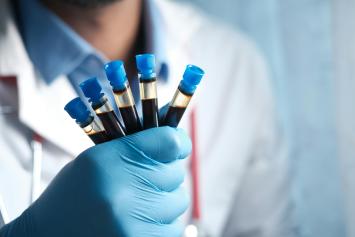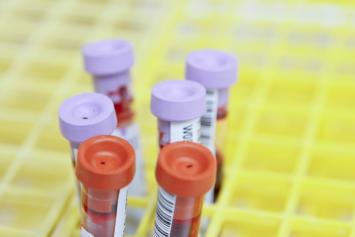Latest News & Publications
Have a look at the latest updates on our work and recent research publications from our partners
The day will see the launch of the partnerships ambitious five-year research strategy and showcase recent and future research across the partnership from clinicians and academics, taking place on 9th July 2024 at the prestigious Francis Crick Institute. Register now to book your place!
The randomised control trial explored the use of Problem Adaptation Therapy (PATH) for individuals with mild to moderate dementia and depression and found that although benefits were not sustained after three months there were positive signs immediately after treatment
Thousands of people from NHS memory clinics are set to take part in countrywide study looking to capitalise on recent breakthroughs in potential dementia blood tests. The study run by University College London and the University of Oxford aims to establish the evidence needed to validate testing in the NHS within the next 5 years.
The team at Noclor and many of our colleagues in the research world and beyond have been saddened by the passing of Paul Wallace. Paul was the David Cohen Professor of Primary Health Care at UCL (1993-2012) and Head of Department of Primary Care & Population Sciences (1994-2001).
The latest National Institute of Health and Care Research (NIHR) funding calls includes Health Technology Assessment Programmes for Crohn's disease management, digital technologies in social care and a themed call on reducing compound pressures on the NHS and social care
Improved treatments being researched for prostate cancer, the most common form of cancer in men, could be rolled out almost two years earlier than possible at presentImproved treatments being researched for prostate cancer, the most common form of cancer in men, could be rolled out almost two years earlier than possible at present
Study conducted as part of PANORAMIC platform trial testing the viral loads of participants taking antiviral treatment finds that the current recommended five-day course may not be the adequate length to fully treat their COVID-19 infections
The innovative Cytosponge tool previously trialled in GP Practices is now reducing the long NHS waiting times experienced for endoscopies to diagnose precursor to cancer
When people experience long-term mental distress and difficulties coping with relationships it can reduce their quality of life and lead to social exclusion.










